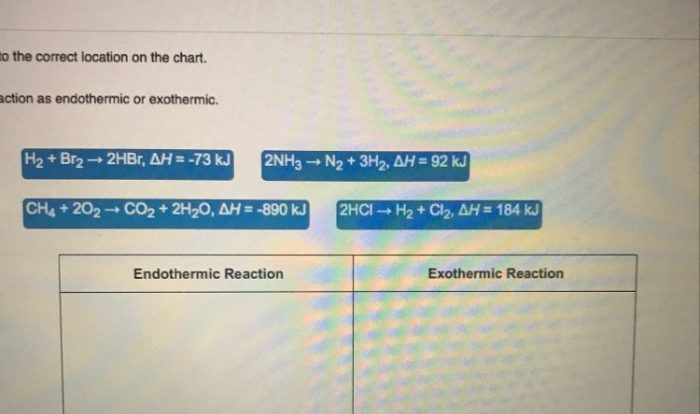When heated hydrogen sulfide gas decomposes, it undergoes a fascinating chemical transformation with significant industrial applications and environmental implications. This article delves into the intricacies of this reaction, exploring its chemical equation, reaction conditions, mechanism, and practical applications.
The decomposition of hydrogen sulfide gas produces elemental sulfur and hydrogen gas. This reaction is influenced by temperature, pressure, and the presence of catalysts, making it a versatile process with tunable outcomes.
Chemical Reaction

When heated, hydrogen sulfide gas (H 2S) undergoes thermal decomposition, breaking down into its constituent elements: hydrogen (H 2) and sulfur (S).
The balanced chemical equation for this decomposition reaction is:
H2S (g) → 2H 2(g) + S 2(g)
During the decomposition process, hydrogen sulfide gas molecules absorb energy, causing the S-H bonds to break and form hydrogen molecules (H 2) and sulfur molecules (S 2).
Reaction Conditions

Temperature
The decomposition of hydrogen sulfide gas is a temperature-dependent reaction. It requires a relatively high activation energy, and the rate of decomposition increases significantly with increasing temperature.
Pressure
Pressure has a minimal effect on the decomposition reaction of hydrogen sulfide gas. The reaction proceeds at a similar rate over a wide range of pressures.
Catalysts
Catalysts, such as metal oxides or sulfides, can enhance the rate of decomposition by providing an alternative pathway with a lower activation energy.
Reaction Mechanism: When Heated Hydrogen Sulfide Gas Decomposes
The decomposition of hydrogen sulfide gas proceeds through a radical chain mechanism. The reaction is initiated by the homolytic cleavage of an S-H bond, forming hydrogen radicals (H •) and thiyl radicals (HS •).
These radicals then react with other hydrogen sulfide molecules, propagating the chain reaction and producing hydrogen molecules and sulfur atoms.
The sulfur atoms can combine to form sulfur molecules (S 2), which are the final products of the reaction.
Industrial Applications
Source of Sulfur
The decomposition of hydrogen sulfide gas is an important industrial process for obtaining elemental sulfur. The sulfur produced can be used in a variety of applications, including the production of sulfuric acid, fertilizers, and pharmaceuticals.
Production of Sulfuric Acid
Hydrogen sulfide gas is a key raw material in the production of sulfuric acid, one of the most important industrial chemicals.
In the contact process, hydrogen sulfide gas is burned in the presence of oxygen to form sulfur dioxide (SO 2), which is then converted to sulfuric acid (H 2SO 4).
Environmental Implications

Formation of Sulfur Dioxide
The decomposition of hydrogen sulfide gas can lead to the formation of sulfur dioxide (SO 2), a harmful air pollutant that can contribute to acid rain and respiratory problems.
Acid Rain Formation, When heated hydrogen sulfide gas decomposes
Sulfur dioxide released from the decomposition of hydrogen sulfide gas can react with water in the atmosphere to form sulfuric acid (H 2SO 4), which contributes to acid rain.
Acid rain can damage forests, lakes, and buildings, and can have negative impacts on human health.
Safety Considerations
Toxicity
Hydrogen sulfide gas is a toxic gas that can cause serious health effects, including respiratory problems, eye irritation, and even death at high concentrations.
Safe Handling and Storage
Hydrogen sulfide gas should be handled and stored with extreme care. It is important to use appropriate personal protective equipment, such as respirators and gloves, when working with this gas.
Storage containers should be properly labeled and kept in well-ventilated areas to prevent the buildup of dangerous concentrations.
Commonly Asked Questions
What is the chemical equation for the decomposition of hydrogen sulfide gas?
2H2S(g) → 2H2(g) + S2(g)
What are the industrial applications of hydrogen sulfide gas decomposition?
Production of sulfur, sulfuric acid, and other sulfur-containing compounds.
What are the environmental implications of hydrogen sulfide gas decomposition?
Formation of sulfur dioxide, a major air pollutant, and contribution to acid rain.

